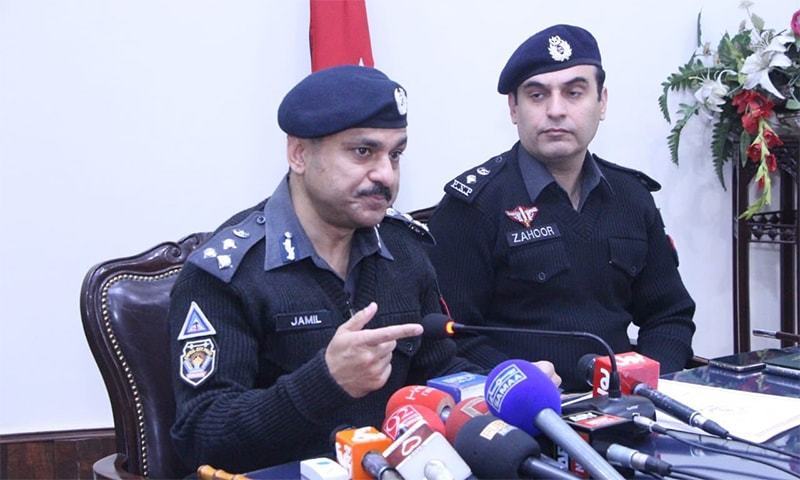Abu Zarrar
FULL MEMBER

- Joined
- Sep 11, 2016
- Messages
- 815
- Reaction score
- 6
- Country
- Location
18th amendment: anomalies abound
The constitutional mess created by the 18th Amendment continues to add to the confusion in the working relationship between the federation and its federating units. It has rather left this relationship more fragile and acrimonious. The jurisdictions of superior courts are, therefore, being invoked to help resolve rifts and differences between the Centre and provinces relating to understanding and implementation of the subjects altered, changed or modified by the 18th Constitutional Amendment.
In a latest judgment, the Supreme Court has ruled that the police was a concurrent subject, falling well within the legislative and executive competence of the federation and provinces on issues relating to all aspects of crime and maintenance of public order. Overriding a ruling by the Sindh High Court that declared police was no more a concurrent subject and parliament lacked the legislative competence to deal with it, the top court referred to the policing role being played by a number of federal agencies. “These federal police agencies include the FIA, NAB and the ANF, Railways Police, the Pakistan Motorways Police and Frontier Constabulary,” says the top court order, adding, “The performance of policing functions by these federal agencies in the province is not dependent upon the consent or collaboration of the provincial governments.”
It was the second judgment in a week’s time dealing with constitutional and administrative anomalies that continue to surface due to some inherent flaws in the 18th Amendment. Earlier, the Supreme Court had rejected a set of petitions claiming the ownership of three major health facilities of Karachi. The Sindh government had argued that since the subject of health had been devolved to provinces under the 18th Amendment, the federal government had no right to manage or control any health facility outside the federal territory.
A number of constitutional experts had throughout maintained that it was an ill-conceived decision to do away with the Concurrent List from the Constitution, which has led to a number of constitutional and administrative issues besides rifts between the Centre and provinces. Given the war of egos over the 18th amendment, it seems that the superior judiciary may continue to take the burden of rectifying the wrongs done by the 18th Amendment.
Source:https://tribune.com.pk/story/1901177/6-18th-amendment-anomalies-abound/
The constitutional mess created by the 18th Amendment continues to add to the confusion in the working relationship between the federation and its federating units. It has rather left this relationship more fragile and acrimonious. The jurisdictions of superior courts are, therefore, being invoked to help resolve rifts and differences between the Centre and provinces relating to understanding and implementation of the subjects altered, changed or modified by the 18th Constitutional Amendment.
In a latest judgment, the Supreme Court has ruled that the police was a concurrent subject, falling well within the legislative and executive competence of the federation and provinces on issues relating to all aspects of crime and maintenance of public order. Overriding a ruling by the Sindh High Court that declared police was no more a concurrent subject and parliament lacked the legislative competence to deal with it, the top court referred to the policing role being played by a number of federal agencies. “These federal police agencies include the FIA, NAB and the ANF, Railways Police, the Pakistan Motorways Police and Frontier Constabulary,” says the top court order, adding, “The performance of policing functions by these federal agencies in the province is not dependent upon the consent or collaboration of the provincial governments.”
It was the second judgment in a week’s time dealing with constitutional and administrative anomalies that continue to surface due to some inherent flaws in the 18th Amendment. Earlier, the Supreme Court had rejected a set of petitions claiming the ownership of three major health facilities of Karachi. The Sindh government had argued that since the subject of health had been devolved to provinces under the 18th Amendment, the federal government had no right to manage or control any health facility outside the federal territory.
A number of constitutional experts had throughout maintained that it was an ill-conceived decision to do away with the Concurrent List from the Constitution, which has led to a number of constitutional and administrative issues besides rifts between the Centre and provinces. Given the war of egos over the 18th amendment, it seems that the superior judiciary may continue to take the burden of rectifying the wrongs done by the 18th Amendment.
Source:https://tribune.com.pk/story/1901177/6-18th-amendment-anomalies-abound/





